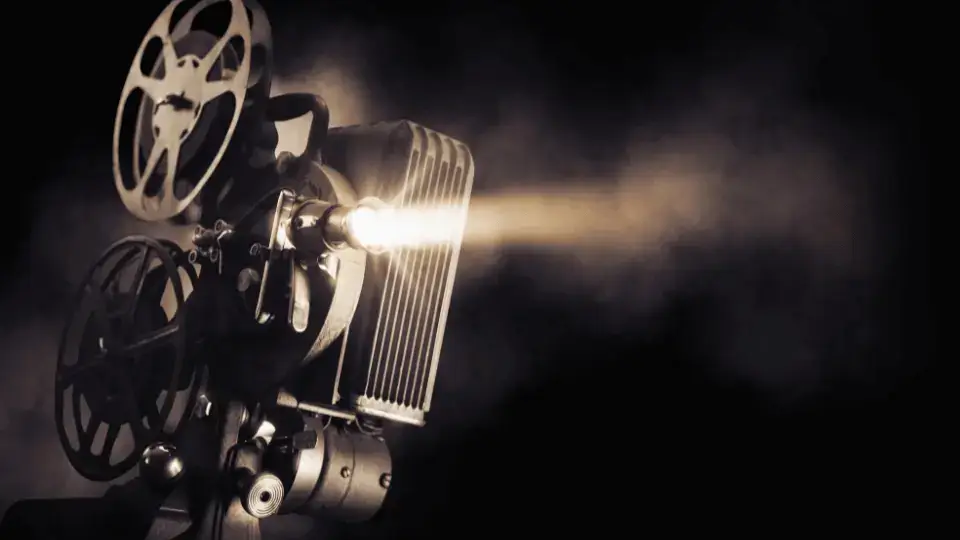How to Land Lucrative Film Archivist Jobs: A Comprehensive Career Guide
If you’re passionate about film and have a keen eye for detail, a career as a film archivist may be the perfect fit for you. Film archivists are responsible for preserving and managing film collections, ensuring that they are properly stored and maintained for future generations to enjoy. In this comprehensive career guide, we’ll explore the ins and outs of film archivist jobs, from the required education and skills to the job outlook and salary expectations.
Education and Training
To become a film archivist, you’ll typically need a bachelor’s degree in library science, film studies, or a related field. Some universities, such as New York University (NYU) offer graduate programs in moving-image archiving and preservation. These programs provide students with hands-on experience and prepare them for careers in film preservation and management.
In addition to formal education, film archivists need to have a strong understanding of film history, preservation techniques, and digital technologies. They must also have excellent research and organizational skills, as well as the ability to work collaboratively with other professionals in the field.
Job Outlook and Salary Expectations
According to the Bureau of Labor Statistics (BLS), the job outlook for archivists, curators, and museum workers is projected to grow 11 percent from 2019 to 2029, which is much faster than the average for all occupations. This growth is due in part to the increasing demand for digital archiving and the need to preserve historical documents and artifacts.
The median annual salary for archivists, curators, and museum workers was $49,850 in May 2020, according to the BLS. However, salaries can vary widely depending on the employer, location, and level of experience.
Skills and Qualifications
To be successful as a film archivist, you’ll need to have a variety of skills and qualifications, including:
– Strong attention to detail
– Excellent research and organizational skills
– Knowledge of film preservation techniques
– Digital literacy
– Ability to work collaboratively with others
– Familiarity with metadata standards
In addition to these skills, film archivists must be passionate about film and committed to preserving it for future generations. They must also be able to adapt to changing technologies and work effectively in a fast-paced, deadline-driven environment.
Networking and Professional Development
Networking is critical for film archivists looking to advance their careers. Attending conferences, joining professional organizations, and participating in online forums can help you stay up-to-date on industry trends and connect with other professionals in the field.
Professional development opportunities, such as workshops and training programs, can also help you stay current on the latest preservation techniques and technologies. For example, NYU offers an online course and certificate program called “Film and TV Industry Essentials“. This program provides an in-depth look at the film and television industry and can help you develop the skills and knowledge you need to succeed as a film archivist.
Conclusion
Film archivists play a crucial role in preserving and managing film collections for future generations. To succeed in this field, you’ll need a strong educational background, excellent research and organizational skills, and a passion for film. The job outlook for archivists, curators, and museum workers is positive, and salaries can be competitive depending on the employer and location. By networking with other professionals and participating in professional development opportunities, you can stay current on industry trends and advance your career.
—
Key Takeaways
– Film archivists need a bachelor’s degree in library science, film studies, or a related field
– Strong attention to detail, excellent research and organizational skills, and digital literacy are essential for success
– The job outlook for archivists, curators, and museum workers is positive, and salaries can be competitive
– Networking and professional development opportunities are critical for advancing your career
– Consider taking the Film and TV Industry Essentials online course and certificate program offered by NYU








